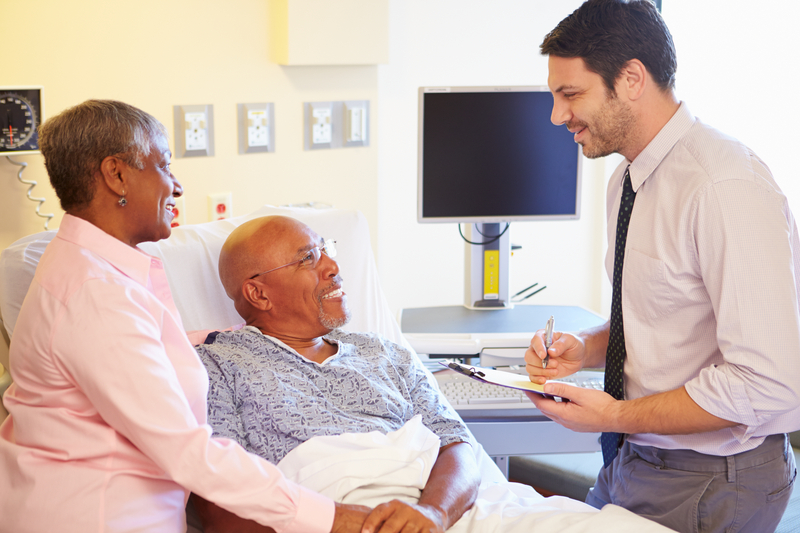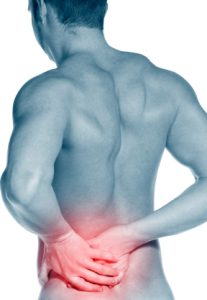
According to New Orleans orthopedic surgeon Dr. Richard Meyer, the hipbone is the largest joint in the body and, when it’s working properly, it’s a thing of wonder. It is able to support forces equal to three times a person’s body weight and it allows the leg to swing backwards and forwards, to flex and twist, to bend and to pivot.
As a ball and socket joint, the hip provides flexibility, power and the ability to propel us from a sitting position, to stand, walk, run and climb stairs. But when there’s a problem with the hip, the everyday movements of life can become difficult and painful.
Hip problems typically appear as stiffness and pain, and not just in the hip itself. Often pain is felt in the buttocks, back, groin and knee. The hip relies on a smooth, rubbery layer of cartilage that cushions the joint, allowing the ball to glide smoothly over the surface within the socket.
 With age, and sometimes as a result of heavy use, your New Orleans orthopedic surgeon finds that the layer of cartilage can break down and the bones begin to rub against each other, causing pain and damage to the bone.
With age, and sometimes as a result of heavy use, your New Orleans orthopedic surgeon finds that the layer of cartilage can break down and the bones begin to rub against each other, causing pain and damage to the bone.
Osteoarthritis, the most common cause of hip problems, is often called a “wear and tear” disease. In addition to advancing age, risk factors include obesity, overuse and heredity.
There’s currently no cure for osteoarthritis of the hip, but your New Orleans orthopedic surgeon shares a number of ways to relieve pain and improve mobility.
- Heat can help with the morning stiffness that so many people experience. Some patients take a bath every morning to relieve stiffness.
- Gentle stretching and moderate exercise are also important to keep circulation to joints and to maintain strength in the muscles that support the hips and legs.
- Yoga, tai chi, walking, bike riding and swimming are all good low-impact exercise options.
- Weight loss for those who are overweight can reduce the stress on the affected hip, relieve pain and improve mobility. Your New Orleans orthopedic surgeon has found that even a loss of 10 to 15 pounds can have a positive effect.
- Using a cane or a walker can take pressure off the hip and make it easier to get around.
- Pain medications, both prescription and over the counter, are often used to control pain and reduce inflammation, but long-term aspirin use can magnify the effect of other blood-thinning medications that many older adults take for heart problems and lead to gastrointestinal bleeding.
- Steroid injections are sometimes used to relieve pain and reduce inflammation in affected joints.
When other options fail and your quality of life is compromised, you may want to consider a total hip replacement surgery. New Orleans orthopedic surgeon Dr. Richard Meyer is here to help you work through your options. Call our office today to Schedule a Consultation – you don’t have to live in pain!